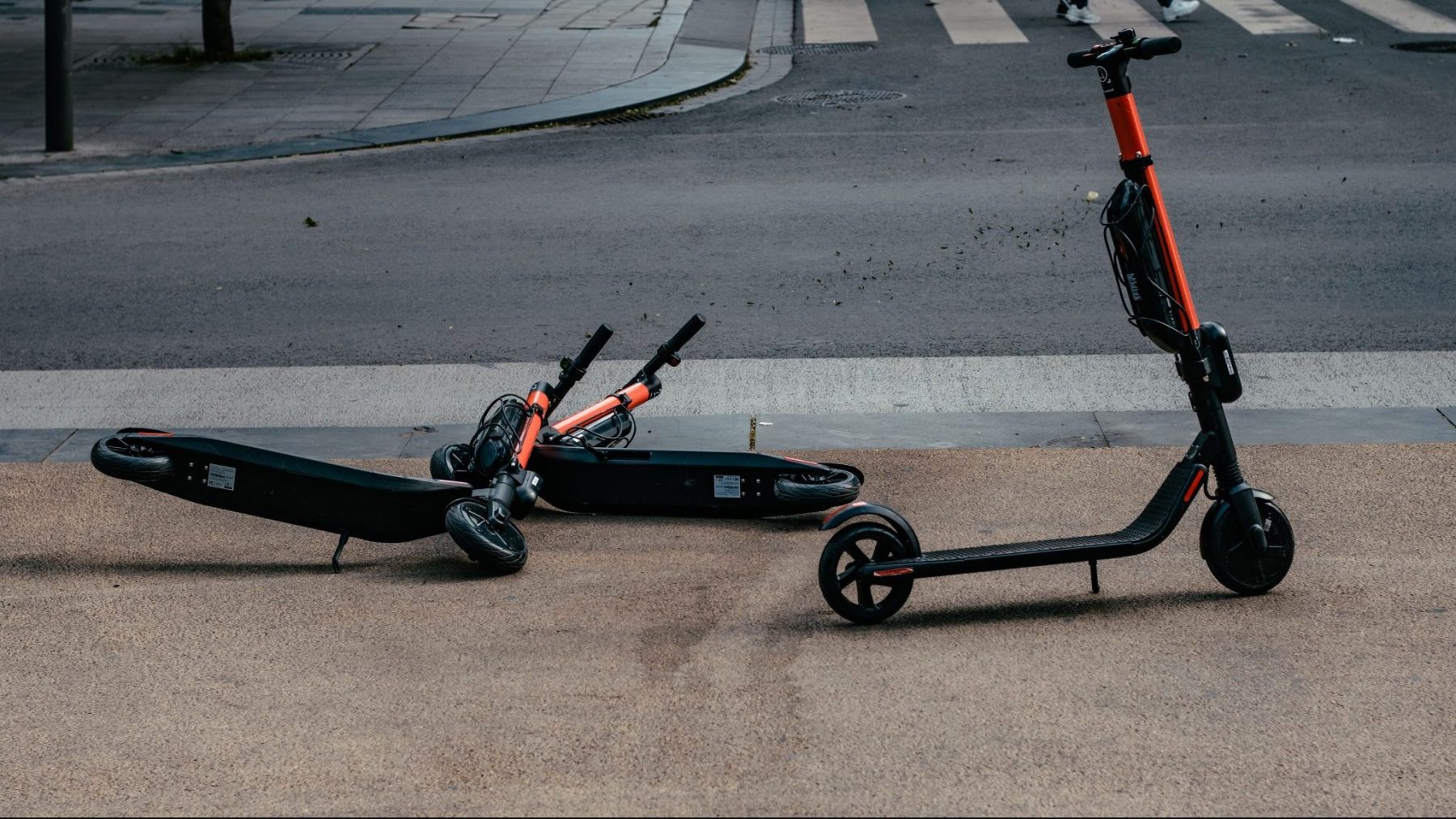
Krakow proposes measures to tackle e-scooter parking problems
330 days ago
3 minutes
Source: Eltis
Similar to many European cities, Krakow in Poland has experienced rapid growth in the use of e-scooters, the majority of which have been provided by shared mobility operators. However, like many cities, it has encountered the growing problem of e-scooters that have been parked improperly or abandoned throughout the city, causing obstructions and becoming a a source of frustration for the city’s residents. As a result, the city’s authorities have put forward new measures to regulate the parking of e-scooters.
In May, the city’s authorities communicated with three commercial e-scooter operators about the forthcoming changes. Deputy Mayor of Krakow, Andrzej Kulig, stated, “We informed the representatives of three companies about the end of the period of free use of the city space. We also proposed the introduction of a municipal patrol, which would be financed by operators from fines for improperly parked scooters, as well as fees for using areas belonging to the municipality.” Kulig further explained, “The current state of Krakow is unsustainable…Despite existing arrangements with equipment operators, the problem of abandoned devices has been steadily growing, mainly due to the lack of legal regulations.”
In 2020, Krakow Public Transport Authority and e-scooter operators entered an agreement, encompassing measures including enforcing a speed limit for e-scooters in the city centre and designating a no-parking zone including the Old Town and sections of the Vistula Boulevards. Outside of these areas, e-scooters were directed to be parked at specified locations known as ‘mobility hubs’. These hubs, established and designed by the City without charge for operators, were designated areas for proper parking. Operators were made responsible for the removal of improperly parked e-scooters. The city has now informed operators that they will need to start paying for the use of the mobility hubs under a lease contract. Additionally, the operators will be fined for e-scooters that require removal.
In the meantime, the commercial operators have agreed between themselves to cap the maximum number of e-scooters at mobility hubs in central areas. In practice, users will be unable to return e-scooters once the hub’s maximum capacity is reached, meaning they will have to find an alternative hub. The operators have also urged the city to establish additional mobility points, potentially introducing a new type that permits users to start and end rentals, but unlike the current mobility points, there would be no active e-scooter deployment by operators. Moreover, the maximum number of e-scooters permitted at these points would be significantly lower.
Krakow city authorities are optimistic that these new measures will alleviate the nuisance caused by improperly parked e-scooters. If not, they will explore additional actions, which could potentially include restricting e-scooter numbers by regulation or even terminating contracts with the operators.

LEVA EU
Campaign success
Lorem ipsum dolor sit amet, consectetur adipisicing elit, sed do eiusmod tempor incididunt ut labore et dolore magna aliqua.
Member profile
Lorem ipsum dolor sit amet, consectetur adipisicing elit, sed do eiusmod tempor incididunt ut labore et dolore magna aliqua.